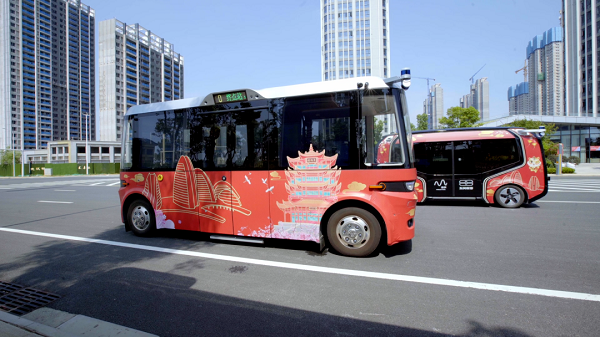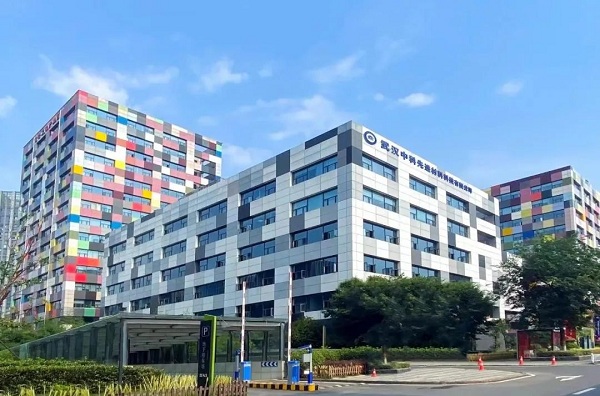

Dongfeng's Sharing-VAN in operation in WEDZ. [Photo provided to en.whkfq.gov.cn]
Pilot tests are considered as the "last-kilometer" obstacle for scientific and technological achievements to go from labs to the market. However, both universities and scientific institutes are reluctant to establish such pilot test platforms because they feature large investment, high risks, and slow profits.
Focusing on making itself the Auto Valley of China, the Wuhan Economic & Technological Development Zone (WEDZ) has built a series of comprehensive pilot test bases and professional pilot test platforms for new energy vehicles (NEVs) and intelligent connected vehicles (ICVs), new materials, digital economy and other areas, to facilitate the commercialization of technologies and to cultivate more gazelle, unicorn, moose and new creature enterprises.
Last year, the construction plan for the Hubei smart transport comprehensive technology innovation platform was approved and has been established in WEDZ.
So far, the zone has unlocked six major ICV applications that include 15 specific application scenarios, such as shared transport and public sanitation.
The zone is accelerating the formulation of the "closed loop-open loop emulation" testing system, as well as an autonomous driving industrial ecosystem that combines automakers with innovative enterprises from various links of the industrial chain.

The office building of a pilot test platform in WEDZ. [Photo provided to en.whkfq.gov.cn]
In 2022, WEDZ added 10 more provincial engineering research centers and corporate technology centers. The number of research institutes and sci-tech platforms has reached 87 – a historical record.